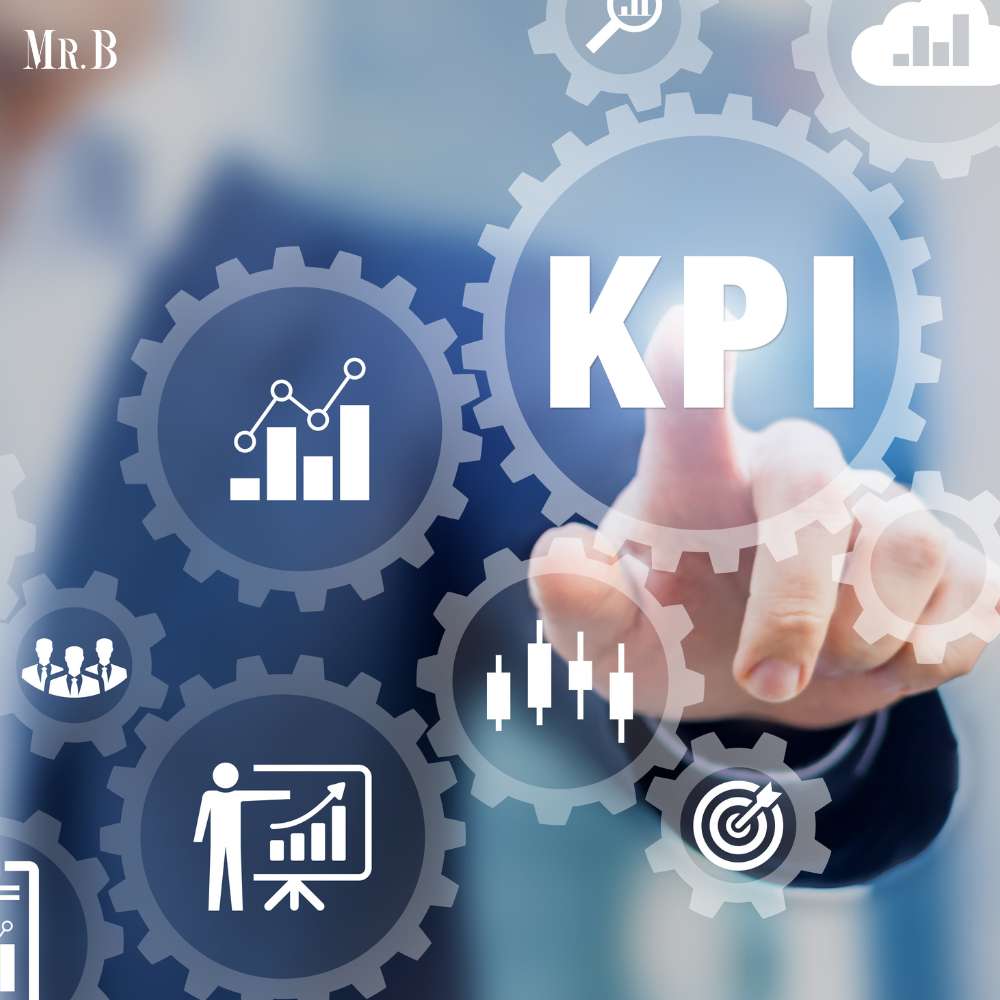An influencer marketing agency is the go-to option for brands these days. In the dynamic realm of digital marketing, influencer marketing agencies have emerged as key players, orchestrating campaigns that bridge the gap between brands and their target audiences. This article delves into the intricate workings of these agencies, highlighting the processes, metrics, and trends that define their success.
How Does an Influencer Marketing Agency Operate?
- Identification and Collaboration:
- Agencies meticulously identify influencers aligning with a brand’s values and target demographics.
- Engaging influencers in collaborative partnerships, negotiating terms, and ensuring a harmonious brand fit.
- Campaign Strategy:
- Crafting a comprehensive strategy outlining campaign objectives, target platforms, and the type of content to be created.
- Tailoring campaigns to meet specific brand goals, whether it’s brand awareness, engagement, or conversions.
- Content Creation and Approval:
- Collaborating with influencer marketing agencies to create authentic, engaging content that resonates with the audience.
- Rigorous approval processes to ensure alignment with brand guidelines and messaging.
- Campaign Execution:
- Implementing the campaign across selected platforms, monitoring influencer posts, and ensuring timely delivery.
- Leveraging influencer reach to maximize exposure and engagement.
- Performance Monitoring:
- Influencer marketing agencies employ various metrics and key performance indicators (KPIs) to assess campaign effectiveness.
- Regularly tracking engagement, reach, click-through rates, and conversion metrics.

Metrics and KPIs in Influencer Marketing Agencies:
- Engagement Rate:
- Measuring the level of audience interaction with influencer content.
- Reach and Impressions:
- Quantifying the number of people exposed to the influencer’s content.
- Click-Through Rate (CTR):
- Evaluating the percentage of users who clicked on a provided link, assessing conversion potential.
- Conversion Rates:
- Calculating the proportion of engaged users who completed a desired action, such as making a purchase.
- Return on Investment (ROI):
- Assessing the overall profitability and effectiveness of the influencer marketing campaign.
Shaping the Brand: The Influence of Influencer Marketing:
- Authenticity and Trust:
- Influencers act as relatable figures, fostering authenticity and building trust with their followers.
- Positive brand associations developed through genuine influencer endorsements contribute to long-term brand loyalty.
- Extended Reach:
- Leveraging the influencer’s existing follower base extends the brand’s reach to new and diverse audiences.
- The organic sharing of content by followers further amplifies the campaign’s impact.
- Storytelling and Connection:
- Influencers excel at crafting compelling narratives, transforming brand messages into relatable stories.
- This storytelling approach creates emotional connections, enhancing the brand’s resonance with the audience.
The Role of Data in Influencer Marketing:
Data is the backbone of influencer marketing, guiding decisions and optimizing strategies:
- Audience Insights:
- Utilizing data to understand the demographics, preferences, and behaviors of the influencer’s audience.
- Performance Analytics:
- Analyzing campaign metrics to refine future strategies, identifying successful content types and platforms.
- ROI Assessment:
- Data-driven evaluation of the return on investment, ensuring marketing budgets are allocated effectively.

Current Trends Driving Influencer Marketing Growth:
- Nano-Influencers:
The rise of nano-influencers, individuals with smaller yet highly engaged followings, offering niche appeal.
- Video Dominance:
The increasing popularity of video content, with platforms like TikTok and Instagram Reels shaping influencer strategies.
- Sustainability and Purpose:
Influencers aligning with brands that emphasize sustainability and social responsibility.
Navigating the Influencer Marketing Terrain: An Agency’s Blueprint
- Strategic Identification and Collaboration:
- Carefully selecting influencers that align with a brand’s ethos and resonate with the intended demographics.
- Negotiating terms and fostering collaborative partnerships to ensure a symbiotic relationship.
- Holistic Campaign Strategy:
- Formulating comprehensive strategies outlining campaign objectives, preferred platforms, and content types.
- Customizing campaigns to align with specific brand goals, whether it be enhancing awareness, boosting engagement, or driving conversions.
- Content Creation Excellence:
- Collaborating with influencers to craft authentic, engaging content that authentically connects with the audience.
- Implementing rigorous approval processes to maintain alignment with brand guidelines and messaging.
- Efficient Campaign Execution:
- Implementing campaigns across chosen platforms, closely monitoring influencer posts, and ensuring timely delivery.
- Leveraging the influencer’s reach strategically to maximize exposure and engagement.
- Performance Monitoring and Optimization:
- Utilizing various metrics and key performance indicators (KPIs) to continuously assess campaign effectiveness.
- Regularly tracking metrics such as engagement, reach, click-through rates, and conversion metrics for optimization.
Shaping Brand Narratives: The Impact of Influencer Marketing Agencies
- Authenticity and Trust Building:
- Influencers serve as relatable figures, fostering authenticity and trust with their followers.
- Positive brand associations, cultivated through genuine influencer endorsements, contribute to long-term brand loyalty.
- Extended Reach and Amplification:
- Leveraging the influencer’s existing follower base extends the brand’s reach to new and diverse audiences.
- The organic sharing of content by followers further amplifies the campaign’s impact, creating a ripple effect.
- Storytelling and Emotional Connections:
- Influencer marketing agencies excel at crafting compelling narratives, transforming brand messages into relatable stories.
- This storytelling approach fosters emotional connections, enhancing the brand’s resonance with the audience.

Data’s Pivotal Role in Influencer Marketing Agencies
Data stands as the backbone of influencer marketing agencies, guiding decisions and optimizing strategies:
- Audience Insights Utilization:
- Leveraging data to gain profound insights into the demographics, preferences, and behaviors of the influencer’s audience.
- Performance Analytics for Refinement:
- Analyzing campaign metrics to refine future strategies, identifying successful content types and optimal platforms.
- ROI Evaluation:
- Conducting a data-driven evaluation of return on investment, ensuring marketing budgets are allocated judiciously.
Conclusion:
The impact of influencer marketing agencies transcends mere promotional efforts. By meticulously navigating the influencer landscape, utilizing data-driven insights, and staying abreast of evolving trends, these agencies play a pivotal role in shaping brand narratives and fostering meaningful connections with consumers. As the digital landscape continues to evolve, the influencer marketing agency remains a linchpin in the success stories of brands across industries.







